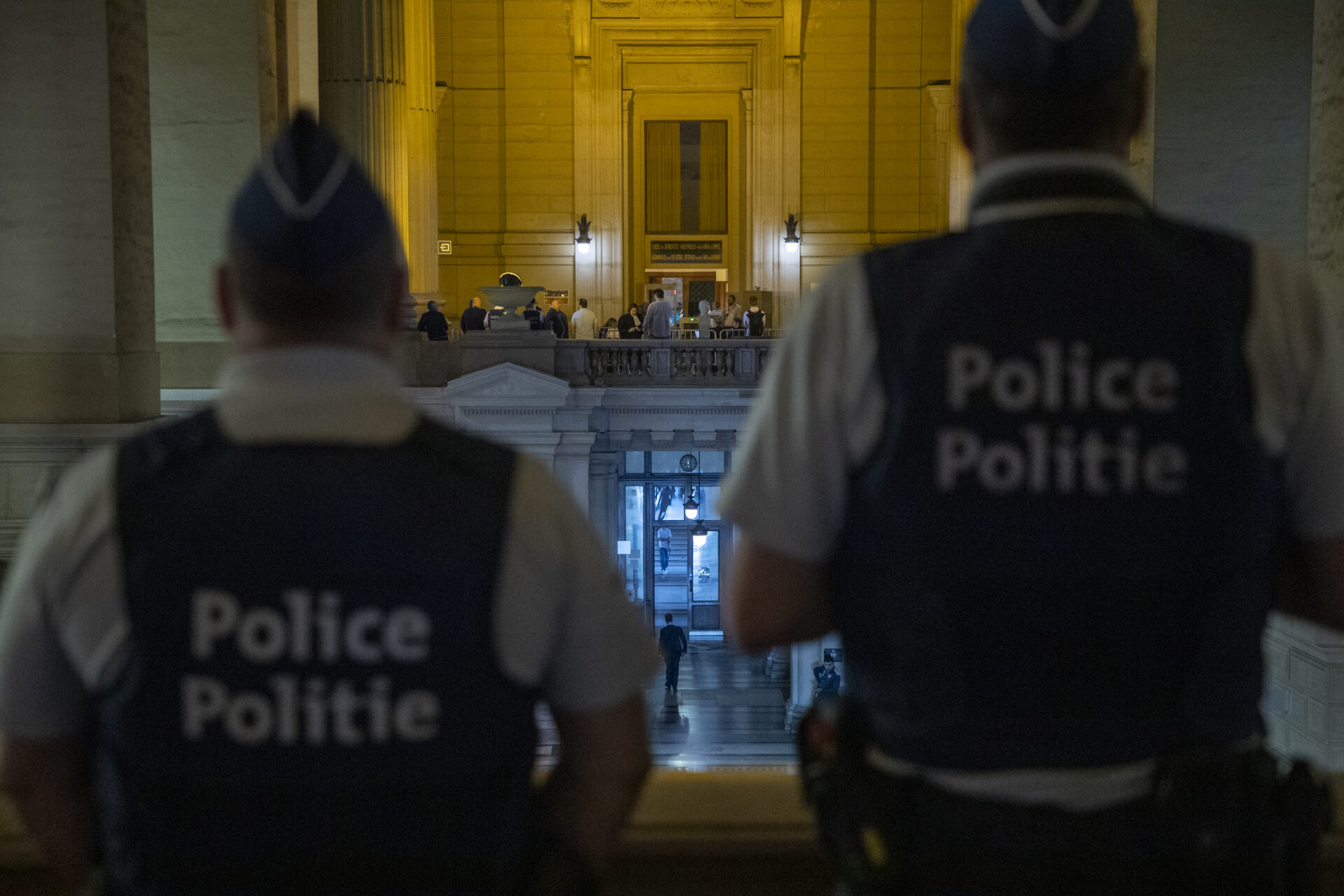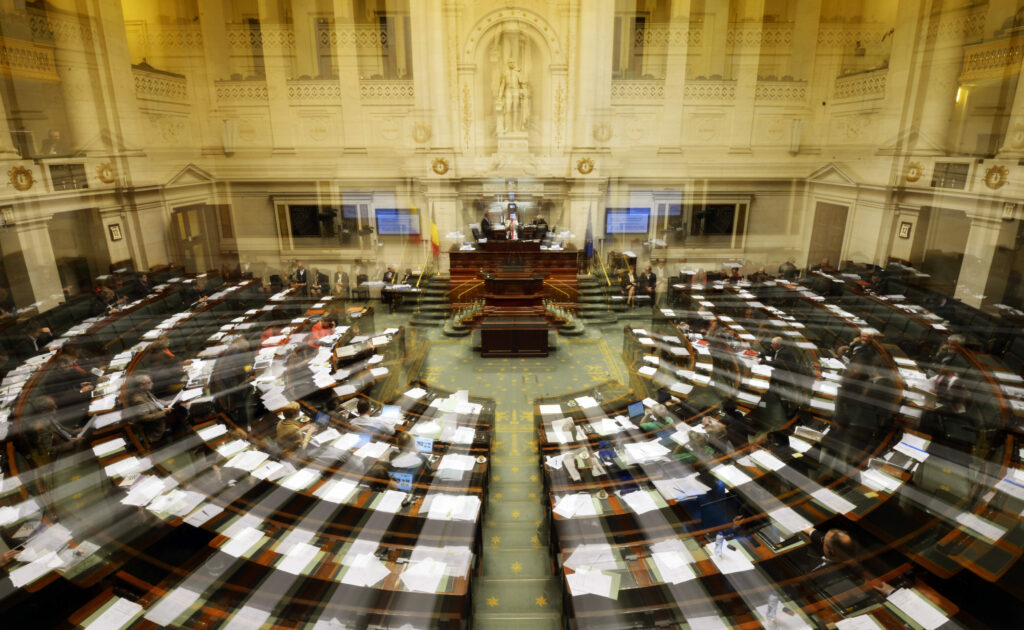Belgium is failing to take necessary steps to prevent corruption among members of parliament, judges and prosecutors as well as central governments and law enforcement.
When asked for the Eurobarometer on Corruption whether corruption is widespread in Belgium, 62% of people responded yes in 2023. Just 1% believe there is no corruption. Respondents believed political parties and national, regional or local politicians are most likely to give or receive bribes and abuse of power for personal gain.
The Qatargate corruption scandal involving Belgian politicians, reports of corruption and espionage among members of the far-right Vlaams Belang political party and parts of the legal world being infiltrated and corrupted by organised crime further emphasised the need for strong action. The Belgian judge who formerly presided over the Qatargate corruption probe warned a sense of impunity means corruption remains rife, putting the country's democratic system in "terrible danger".
However, Belgian policymakers continue to show "blindness and deafness" to the problem. This was confirmed in the latest reports on Belgium published by the Council of Europe’s anti-corruption body (GRECO). The two reports analysed (the lack of) progress made by the authorities towards implementing recommendations on preventing corruption among members of parliament, judges and prosecutors, as well as central governments and law enforcement agencies.
Both reports highlighted that substantial efforts still need to be made to prevent and combat corruption. "The implementation of GRECO’s recommendations is key to making progress in preventing and fighting corruption, in Belgium as in many other countries across Europe and beyond," a Council of Europe spokesperson told The Brussels Times.
Particular concern among parliamentarians
While Belgium has historically been well-positioned in Transparency International’s Corruption Perception Index – it landed in 16th place for the third consecutive year with a score of 73 out of 100 – it has repeatedly been slapped on the wrists by GRECO and the European Commission for its relatively lax approach towards corruption and slow action-taking.
The two GRECO reports are at different stages in the procedure. In GRECO’s fourth round evaluation report on preventing corruption among members of parliament, judges and prosecutors, the body concluded that Belgium dealt with just seven of the 15 recommendations of the 2014 report satisfactorily, despite being given 10 years to do so.

Credit: Belga / Nicolas Maeterlinck
"We note that Belgium has made some progress in implementing the recommendations concerning judges and prosecutors but there is still room for improvement, in particular where parliamentarians are concerned," the report read. "As regards corruption prevention in respect of members of parliament, once again, there has been no improvement since the last report."
No measures have been taken to ensure transparency of meetings or communication between parliamentarians and third parties, while the rules on gifts need to be improved, GRECO noted. The country also lacks a framework and verifying system for Parliament's stated intentions. For judges and prosecutors, only one recommendation remains partly implemented. "But improvements still need to be made to standardise the distribution of cases between judges in the courts."
Few measures for police
The second report, GRECO’s fifth round evaluation report on preventing corruption in central governments and law enforcement agencies, concluded that Belgium has succeeded in (partially) implementing just six of the 22 recommendations made in the 2020 report.
"The country has failed to adopt an ethical code for ministers to prevent corruption, has not put in place a system to ensure information about their assets, previous activities and outside activities of people in office is shared and the Government has not developed a policy or measures to consult society regularly about draft legislation," GRECO noted.
When it comes to preventing corruption in police ranks, Belgium has failed to implement measures to oversee officers' outside activities and to develop a series of measures to step up internal control of the operation of the Federal Police.
"For the police, few measures have been taken since the last report," the report noted. "Work has begun on strengthening control of the integrity of police officers throughout their careers, but this still has to be finalised."
Related News
- Qatargate: Right-wing MEPs voted en masse against key anti-corruption measures
- Belgium a failed state? Don’t make me laugh
In both cases, GRECO asked the Belgian authorities to provide a further report on progress in implementing the outstanding recommendations by 31 March 2025. A letter has also been sent by the President of GRECO’s Statutory Committee to Belgium’s Permanent Representative to the Council of Europe, drawing attention to the country's non-compliance with the relevant recommendations and the "need to take determined action to achieve substantive progress as soon as possible".
Member States can also gradually increase the amount of political pressure on each other to help ensure the recommendations are implemented.

